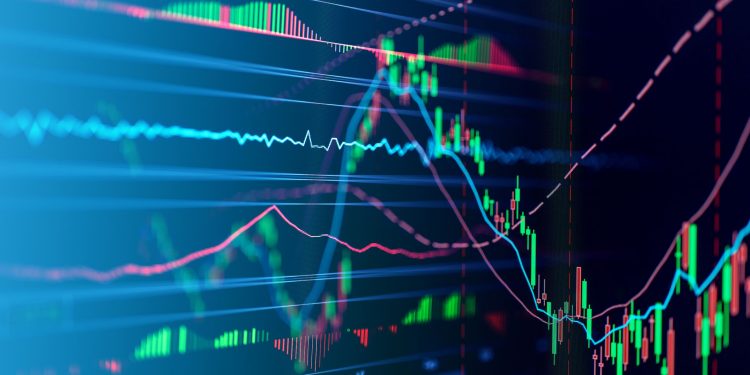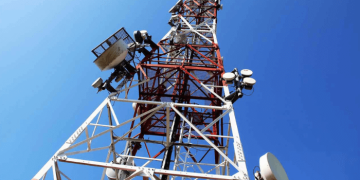The coronavirus pandemic has severely impacted the Ghanaian economy, with the IMF projecting that growth will slow to just 1.5 percent in 2020 compared to December 2019’s projection of 5.8 percent.
The country, like many oil-rich states, is facing the challenge of responding to the pandemic with reduced government revenues resulting from the oil price crash.
The coronavirus has also exacerbated the country’s debt sustainability issues, which were already on the rise prior to the pandemic.
Ghana is still a relatively new oil producer, with first production from its Jubilee field occurring in November 2010 and the first cargo sold in early 2011. However, the sector represents a significant source of revenue.
Ghana’s oil revenues totaled USD 938 million in 2019. Around USD 802 million of this amount, or 86 percent, came from cargos of oil sold by the Ghana National Petroleum Company (GNPC).
This oil represents the state’s share of production that it derives from in-kind royalty payments and GNPC’s carried and participating interest (CAPI) in the three oil-producing projects in the country.
GNPC oil sales equaled a full nine percent of Ghana’s government revenue in 2019. Responding to the pandemic with reduced government revenues makes it more important than ever that citizens are able to analyze GNPC’s oil sales activities.
In this context, in this report the authors demonstrate how publicly available data on the state’s oil sales activities can be used by civil society organizations (CSOs), government, media and other oversight actors to hold the government, GNPC and trading companies accountable for how they sell and manage Ghana’s oil and its revenues.
Commodity trading activities are often opaque and do not receive the same level of scrutiny as a state’s upstream operations. This opacity can create opportunities for governance and corruption risks that result in the loss and mismanagement of potential revenues.
However, Ghana is one of the most transparent countries in reporting on its commodity trading activities. GNPC, the Ministry of Finance, the Bank of Ghana, the Public Interest and Accountability Committee and Ghana Extractive Industries Transparency Initiative (GHEITI) all disclose information on the state’s oil sales activities.
As one example, the MoF has disclosed information on the volume, unit price, date of sale and value for every cargo sold by GNPC to date.

For all cargos sold from 2015 to 2019, GHEITI (2015 to 2018) and GNPC (2015 to 2019) have also included the name of the buying company in their disclosures, reporting in line with the Extractive Industries Transparency Initiative (EITI) 2019 Standard Requirement 4.2, improving the ability of oversight actors to demand accountability.
Ghana oil sales data have been used to hold GNPC and companies accountable for their commodity trading activities. Despite these examples, there is limited public awareness of this data and how it can be used for accountability purposes.
The first section of this report explores why oil sales accountability is particularly important as the country looks to recover from the pandemic.
Section two provides an overview of the oil sales process in Ghana and the governance and corruption risks that can arise.
The third section provides an overview of publicly available data on GNPC’s oil sales activities. The final sections of the report outline ways in which oversight actors can use and have used this data as an accountability tool in Ghana.
These sections explore how oversight actors can:
- Analyze revenues generated from the government’s long-term sales agreements with two traders, Unipec Asia and Litasco, compared to oil sold through spot contracts.
- Identify how much is generated from the in-kind royalties received from each of Ghana’s producing oil fields, compared to that received through the GNPC’s CAPI in each of these projects.
- Monitor how the resulting oil sales revenue is managed, including what is allocated to the Ghana Stabilization Fund (GSF) and how much is received by GNPC to fund its commercial activities
This report concludes with recommendations on how the government and buying companies can further support accountability efforts on the sale of the state’s share of production and the management of the resulting revenue.








